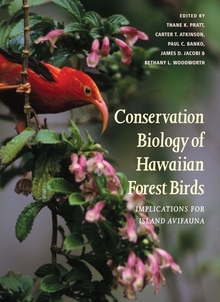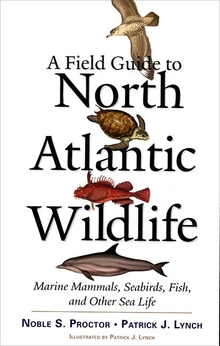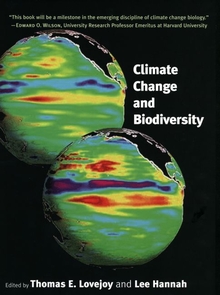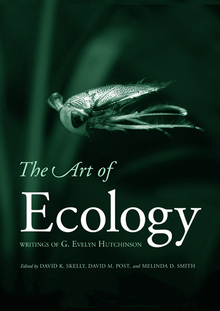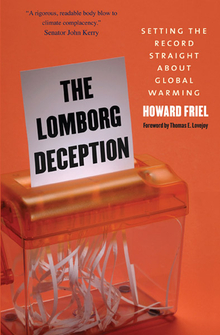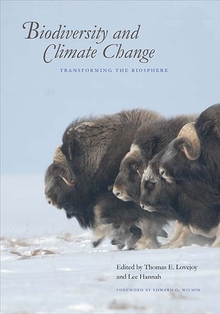Global Warming and Biological Diversity
WARNING
You are viewing an older version of the Yalebooks website. Please visit out new website with more updated information and a better user experience: https://www.yalebooks.com
Edited by Robert L. Peters and Thomas E. Lovejoy
Out of Print
The biological effects of global warming should be of concern to all thinking individuals, for warming could cause profound disruption of natural ecosystems and could threaten many species with extinction. This important book—the first to discuss in detail the consequences of global warming for ecosystems—includes commentary by distinguished scientists on many aspects of this critical problem.
Experts describe responses of animals and plants to previous climate changes, interactions between various environmental components (precipitation and soil chemistry, for example), and synergisms between climate change and human activities such as deforestation. They consider many specific ecosystems, including tropical forests, the deciduous forests of eastern North America, the forests of the Pacific Northwest, Mediterranean-type ecosystems in California, arctic tundra, and arctic marine systems. Offering discussions that are both factual and speculative, the volume points the way to future investigations of the implications of global warming.
Robert L. Peters was until recently a senior fellow of the W. Alton Jones Foundation and Director of the Global Change Program for Conservation International. Thomas E. Lovejoy, assistant secretary for external affairs of the Smithsonian Institution, is currently president of the American Institute of Biological Sciences.
Publication Date: June 24, 1992






